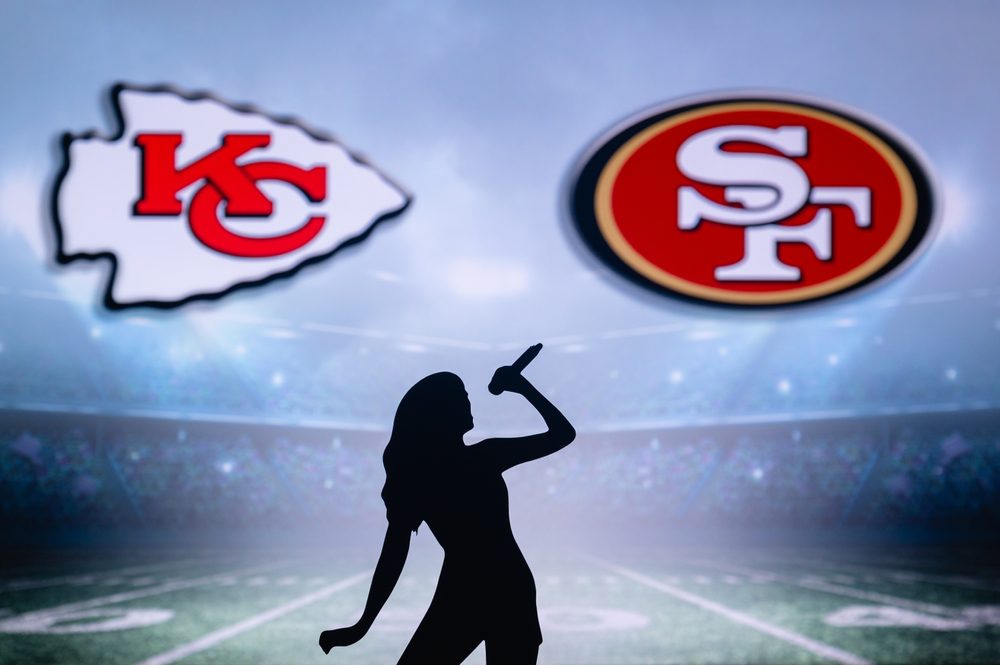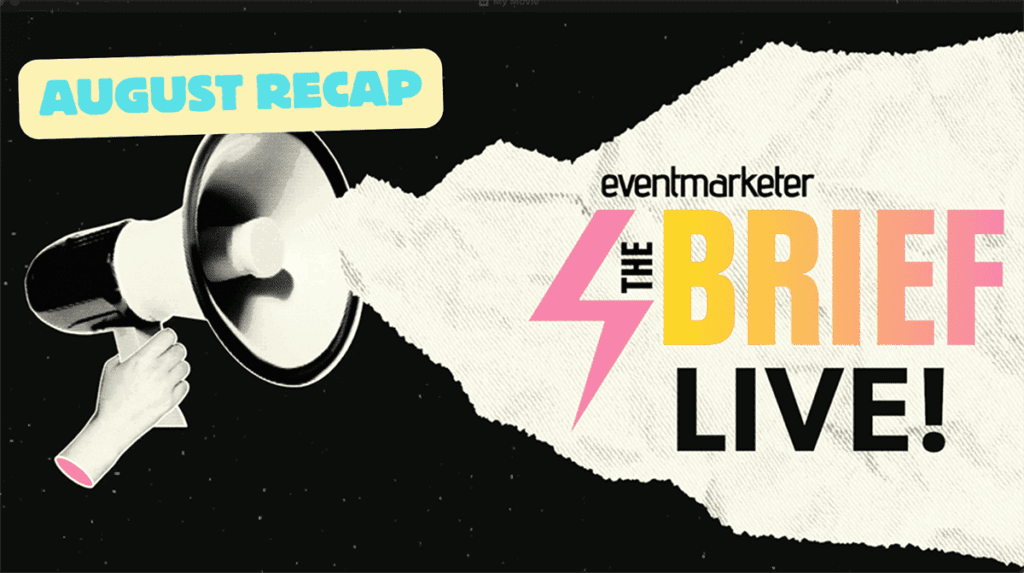HE CALLS IT Telemarketing Boot Camp. The title may intimidate some, but that’s just fine with telemarketing trainer David Fitton. “Telemarketing is not for wimps,” he says.
Fitton, president of Columbia, MD-based Marketing Partners Inc., typically offers business-to-business marketing consulting, telemarketing and mail shop services. But when his clients began clamoring for help in improving their sales staffs, he opened the “camp” in September. Some 30 people have been trained since then.
The two-day course is a “no-holds-barred” basic lesson in conducting B-to-B telemarketing campaigns, says Fitton. There’s plenty of information and telephone practice, but no barking orders or obstacle courses. The name is really just a clever way to bring in recruits,he explains, sounding nothing like a drill sergeant.
Day One covers demographics, various techniques and the importance of following a script. Day Two is on-the-phone role playing, with Fitton as the coach.
What’s the biggest obstacle to students? “Probably the fear of rejection,” observes Fitton. “If you take the noes in a positive frame of mind, the yeses will come. But if you’re unhappy at getting the noes, people won’t want to deal with you.”
B-to-B telemarketing is different from consumer telemarketing, Fitton informs his students. A business-to-consumer caller can merely start the call with “Hi! I’m Jerry. How are you today?”
In a B-to-B call, the salesperson must make the correct impression right away. Friendliness and charm aren’t enough. “You have to be credible,” Fitton points out. A suitable 90-second introduction must include the caller’s full name and company name. “After you state the benefit to them for listening longer, you must ask permission to talk to them more,” he adds.
Also, a B-to-B telemarketer should be prepared to build a relationship with prospects over time. Ideally, the prospect should remember – and care – that the telemarketer called.
For most telephone salespeople, getting through boot camp isn’t quite enough. It’s a personality thing.
“You have to have an inclination to be a salesperson,” Fitton says. “You have to enjoy the chase, enjoy closing a sale, getting them what you perceive they need and going on to the next one.”
 Network
Network

